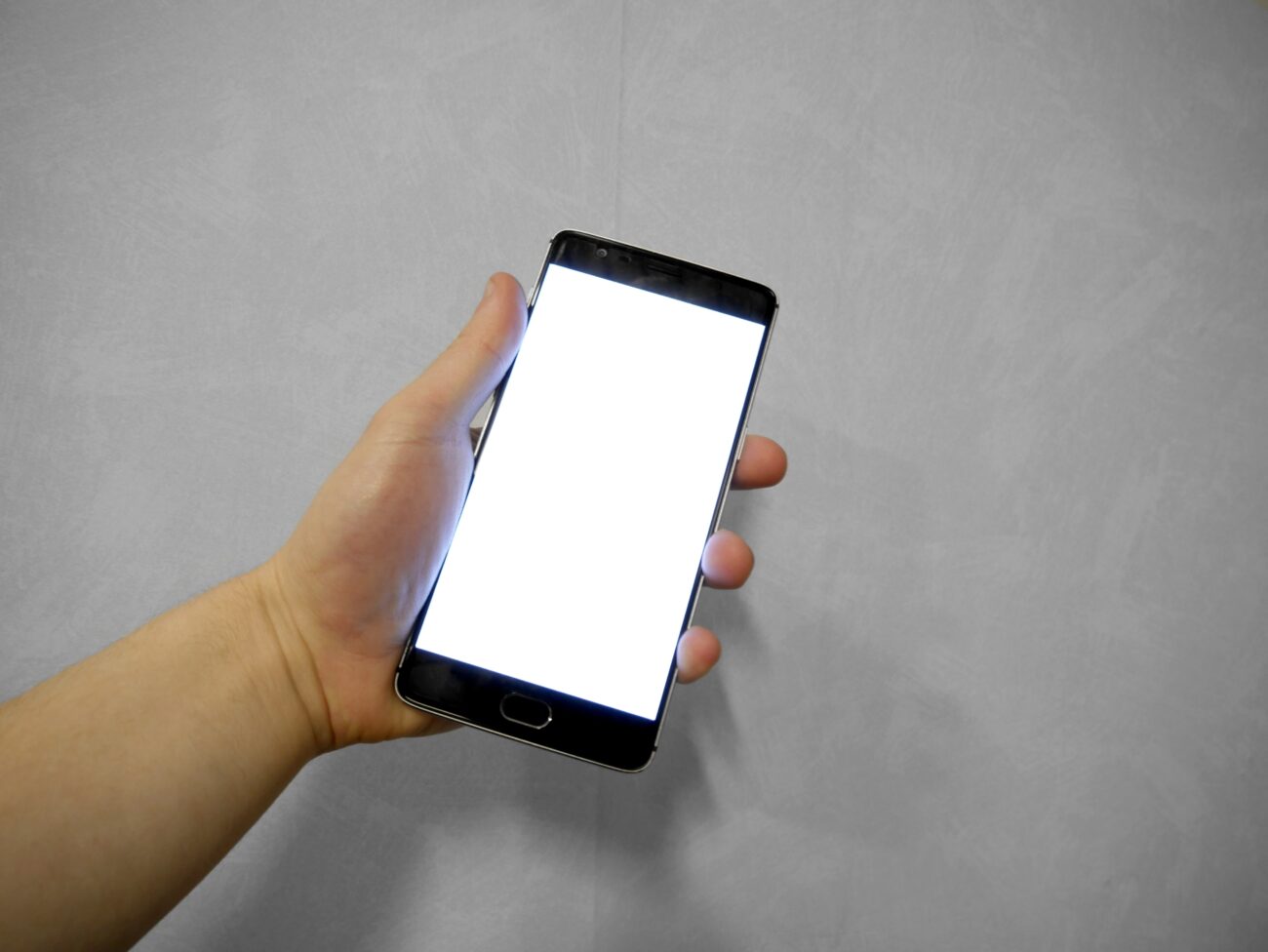Princeton Social Neuroscience Lab research reveals that simply having a smartphone visible—even powered off—reduces empathy, engagement, and perceived respect between dining companions. The culprit isn’t notification pings or stolen glances.
Your brain unconsciously reserves mental bandwidth to resist checking that silent device, leaving less cognitive fuel for genuine connection. This “Phone Presence Effect” hits hardest in hospitality settings where attention matters most.
Restaurant diners report feeling less valued when servers or companions keep phones visible. Food festival attendees describe conversations as hollow when devices dominate the table real estate. The mere possibility of digital interruption signals that the current company ranks below whatever might buzz next.
Key findings from social psychology research:
- Brain scans show measurable “cognitive drain” when resisting phone urges
- Diners perceive phone-free companions as more respectful and engaging
- Even face-down devices trigger subconscious distraction responses
- Complete phone removal restores natural empathy levels within minutes
- Visible phones reduce conversation quality significantly, regardless of usage
The Hospitality Power Move
Deliberately stowing your phone transforms you into the dinner companion everyone wants.
The antidote takes five seconds: completely remove your phone from sight and reach before meals begin. Not face-down on the table—fully gone, tucked in a bag or jacket pocket. This deliberate gesture rewires the entire social dynamic, according to Greater Good Science Center findings.
Restaurant industry veterans notice the difference when guests voluntarily put phones away. Conversations become richer and diners stay longer. The practice signals that the present company deserves undivided attention—an increasingly rare commodity that makes you magnetic in social settings.
Modern hospitality is embracing this ancient wisdom. Chef Daniel Humm’s establishments encourage device-free moments during tasting menus. Sensory dinner events often begin with communal phone surrendering rituals. These aren’t anti-technology stunts but recognition that breaking bread together requires full presence.
Your brain interprets absent phones as permission to be vulnerable and open. Neurobiological research confirms that phone-free environments feel psychologically safer, encouraging deeper sharing and authentic connection. In a hyperconnected world, choosing to disconnect for meals becomes the ultimate hospitality gesture—one that transforms ordinary dinners into memorable encounters.


















